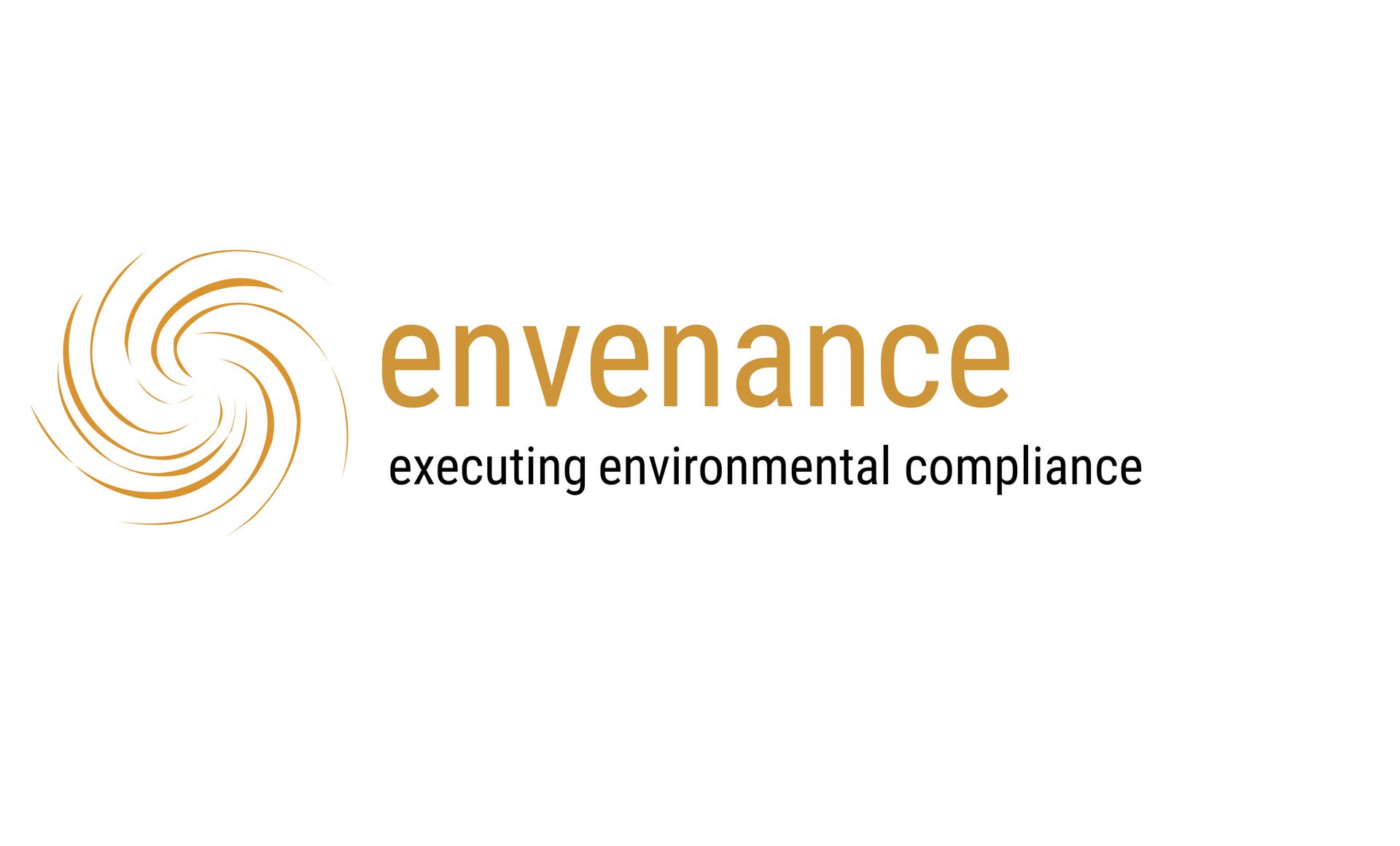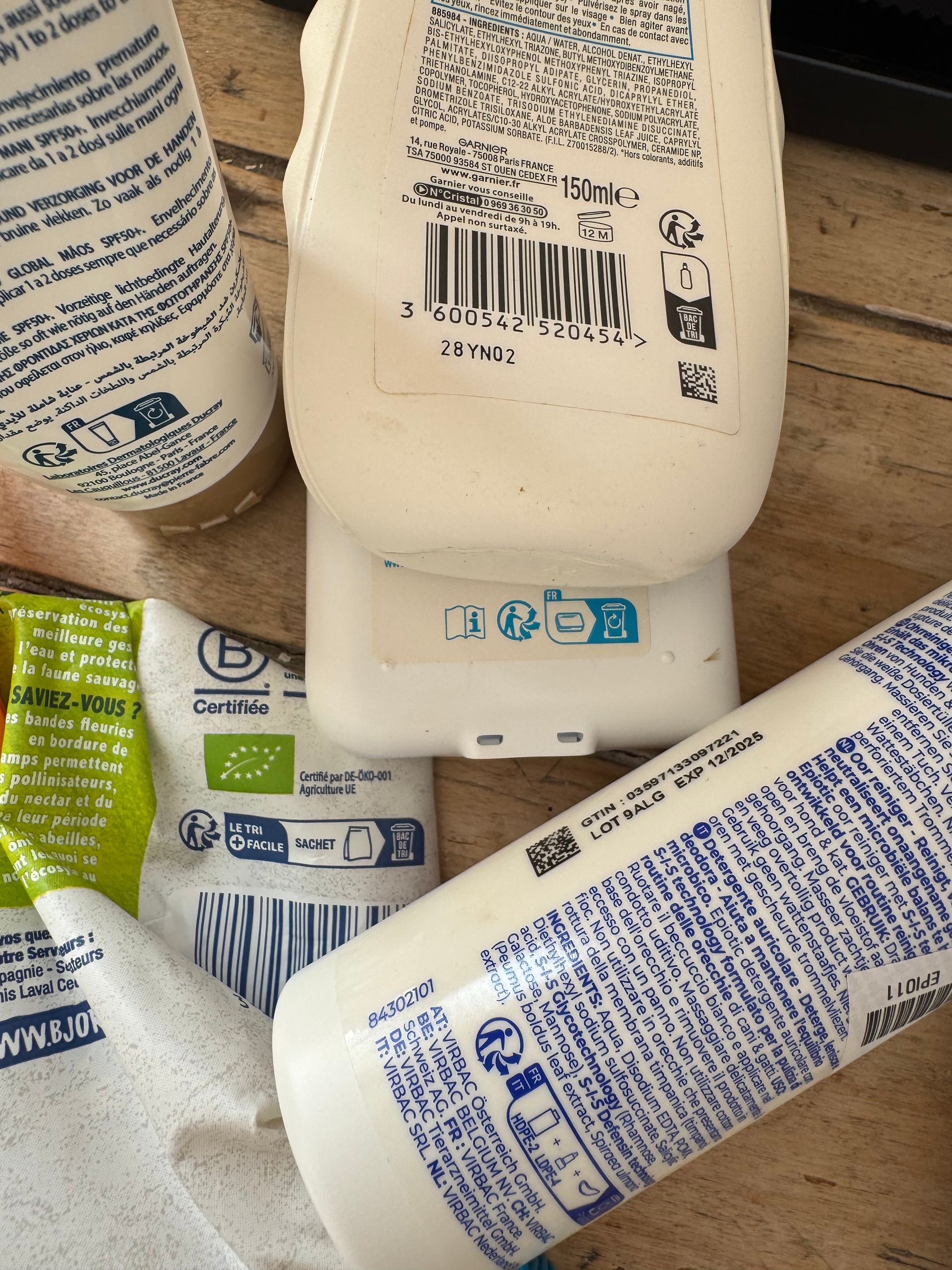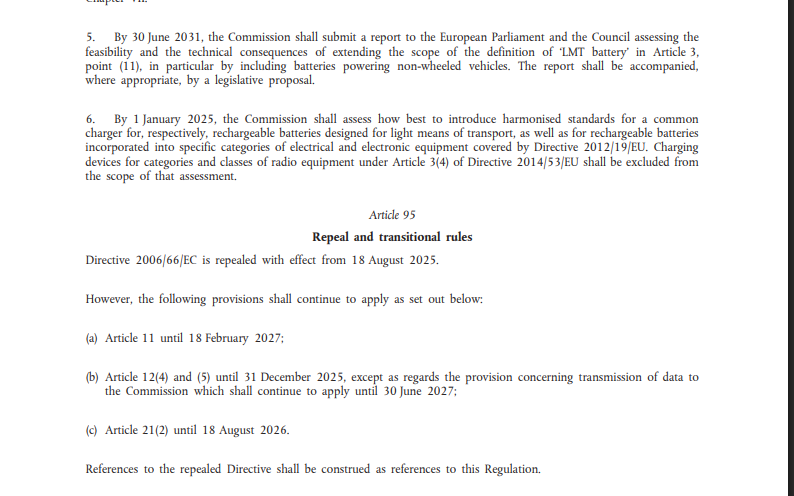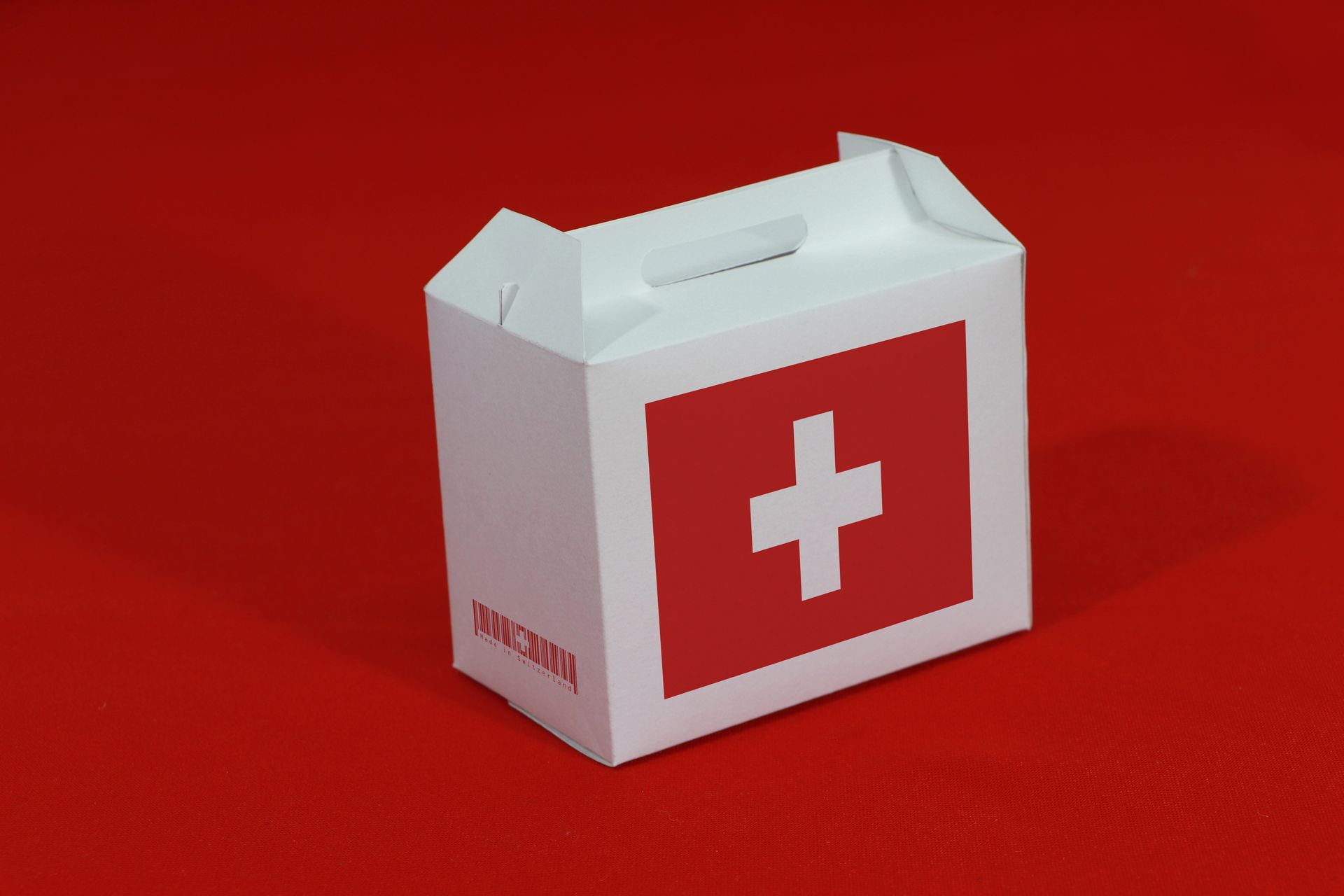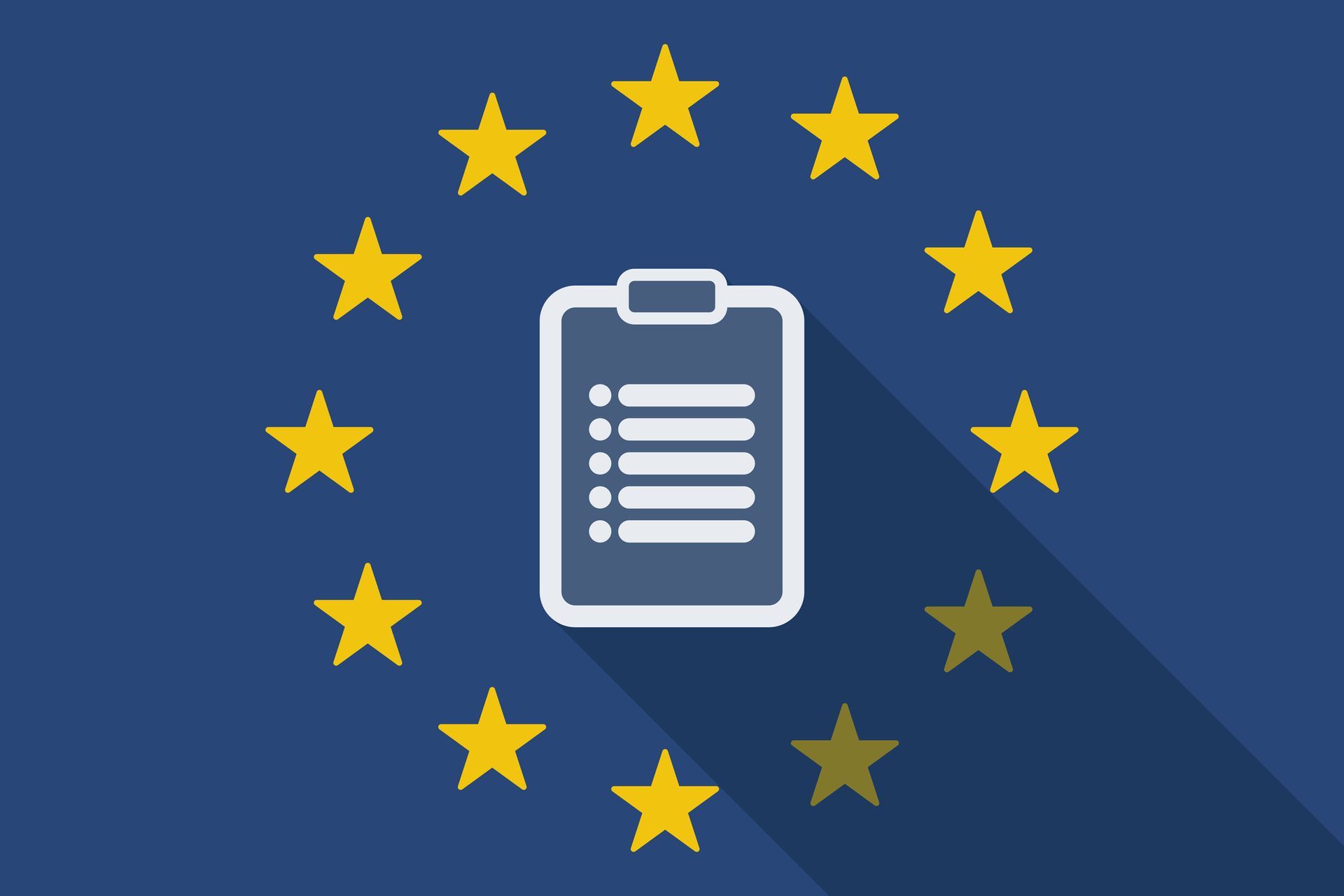Hungary is launching new EPR system.
Timelines by envenance.
The Hungarian system of parallel environmental contributions will undergo a change starting on the 1st July 2023. This date marks the full application of new roles of an Extended Producer Responsibility (EPR) system in the central European EU member state.
The EPR system will run additionally to the exitsting environmental product fee which is due to be paid to the Hungarian tax authorities. This system will continue but will interact with the new EPR setup that was published by the Hungarian Government as Decree 80/2023 on the 14th March 2023. The Decree entered into force on the 1st April 2023.
The new legislation is quite complex and imposes a range of new obligations across several product sectors and include electrical and electronic equipment, batteries, packaging just as well as single-use and other plastic products, vehicles, tyres, office paper, advertisement paper, cooking oil and fat, textile products and wooden furniture. The products are listed in annex 1 of the legislation and carry eight-digit Customs Tariff Codes.
By the 31st May 2023, a double registration is required for companies with products in scope:
a) registration with a waste collection and treatment concession company called MOHU MOL Hulladékgazdálkodási Zrt.
b) registration on the electronic platform of the National Waste Management Authority OKIRkapu
The existing registration obligation with the tax authority for the environmental product fee is still necessary and thus require companies therefore in fact to engage in three registrations.
Foreign producers which are established outside the Hungarian territory but place products in scope onto the market in Hungary may use an Authorised Representative for the registrations. Only companies using e-commerce services (i.e. webshops) have the obligation to appoint an Authorised Representative (AR). It has to be noted, though, that a registration with the tax authority without a local Hungarian VAT is still not possible which imposes the AR basically on all foreign companies. Furthermore, no known juridical or natural person has vastly promoted services as an Authorised Representative for foreign companies yet. Some potential candidates for such services have even denied the motivation to do this. The task of identifying AR is therefore yet to be solved.
Along with new registration obligations, the EPR system requires additional sales volume reporting tasks. The sales data will have to be provided to the National Waste Management Authority on a quarterly basis, starting on the 20th October for the 3rd quarter 2023. The reports are then transferred to the MOHU MOL organisation which invoices the registered companies with recycling contribution fees accordingly (and uses those fees for the actual collection and treatment operations across Hungary). When dealing with the same product, the EPR fee that is invoiced by MOHU MOL may be deducted or off-set from the amount of the environmental product fee that is payable to the tax authority.
Invoices for products in scope of the EPR system need to display the text “The seller is liable for paying the extended producer responsibility fee.”
Sources:
80/2023. (III. 14.) Korm. rendelet - Nemzeti Jogszabálytár (njt.hu)
envenance field research




